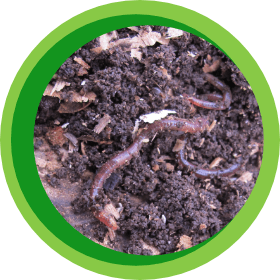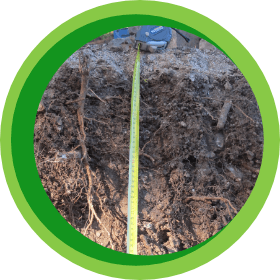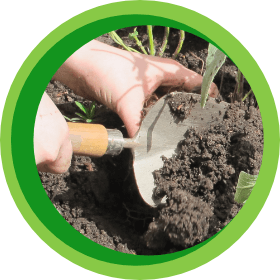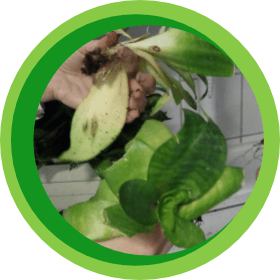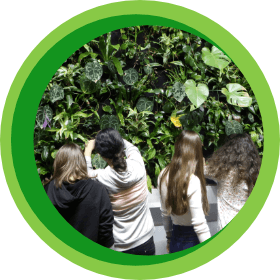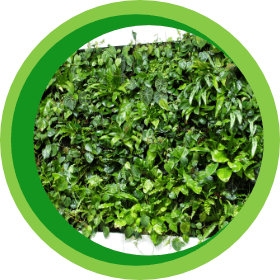Topics
Soil
The term soil refers to the animate outer layer of our earth’s crust. It is an important part of our environment and the basis for life on Earth.
Soil types
The composition of soils is defined by the grain size composition of the mineral soil substance and the associated tactile properties. Depending on the grain size composition, soils can store different amounts of water, have a different nutrient content, are difficult or easy to work and are rooted differently by plants.
Soil functions
Soil is one of the most important bases of life for humans, animals, and plants. Without soil, life on earth as we know it could not exist. Soil has a wide variety of functions, such as habitat functions and regulatory functions in the energy, water and material balance, filter, production, and utilisation functions for the supply of society, and carrier, storage, information, and cultural functions.
Heat islands
Cities are particularly affected by climate change. Due to the large areas of sealed surfaces and dense building development, cities are more affected by rising temperatures in summer than the surrounding countryside.
Plant care
In order to thrive and grow optimally, various factors are indispensable for plants. Plant growth factors include light, air, temperature, water, and nutrients. If all factors are sufficiently present, the plant can develop well.
Positive effects of plants
Plants have many positive qualities. Through photosynthesis, plants produce the oxygen that is vital for humans and animals and purify the air as well. For many animals, plants form a space to live – from small animals cavorting in moss to large animals living in the forest.
Vertical greening
Vertical greening can be applied indoors and outdoors in a space-saving way. Green facades are an alternative form of greening for densely built-up cities.
Indoor greening
The planting of indoor spaces is important, as pupils spend most of their school day there. Especially in new school buildings, it is often quite dry due to the well-insulated walls, and children, young people and teachers complain about their mucous membranes drying out.
